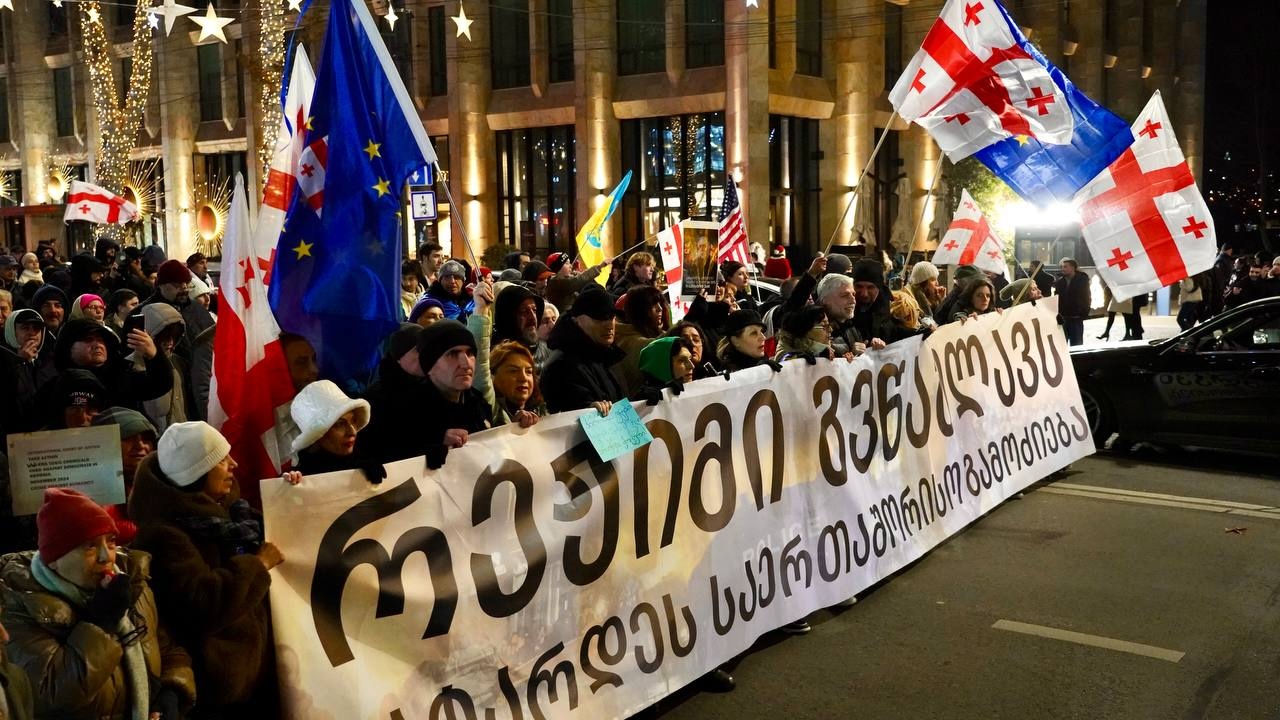Armenia not threatened by default, Central Bank says
There is no threat of default to Armenia, the country’s Central Bank says.
What did the media report?
The Armenian media previously reported that the country faces default, and predicted a drop in the Armenian dram’s exchange rate.
“Immediately after the holidays, the Armenian economy is expected to face serious problems, and the government ‘will be forced to devalue the national currency by 20%’,” predicted Zhamanak newspaper.
Armenian media outlets also reported that there is an outflow of capital from Armenia and a reduction in the volume of transfers to the country, which the Central Bank denies.
• Why do Armenian workers no longer find it profitable to work in Russia?
• Separating business from state: a look at Armenia’s economy during Pashinyan’s first 100 days
• Almost a third of Armenia’s residents live in poverty, authorities believe no action required
The reaction of the Central Bank
Immediately after the media published this information, the Central Bank of Armenia spoke out.
“The financial system of Armenia is stable at the moment. [Other such] statements and publications may cause unfounded concerns among the public, which are irrelevant from the point of view of the country’s long-term development,” said Central Bank spokesman Harut Kbeyan.
Artur Stepanyan, a member of the Board of the Central Bank of Armenia, also commented on the situation. He refuted the information that capital is being drained out of Armenia. In his opinion, the reduction in remittances cannot have a significant impact on the Armenian economy:
“The significance of transfers for the Armenian economy is not as great as 10 years ago. Then, remittances amounted to 20-26% of GDP, and decreased to 17-18% over time. Now this figure is at about 10%.”
Expert opinions
Armenian experts have also said that there is no threat to the economy: the revolution has had an impact on economic growth, but the new government has managed to avoid significant stresses.
Economist Vardan Bostanjyan believes that there is no reason to talk of a default:
“The economic situation in the republic is not a cause for concern. Economic growth of five per cent is expected, the budget revenues are successfully fulfilled, the deficit is expected to be lower than planned, and the financial market is stable. The rate of inflation is fixed below the lowest mark and fluctuates within 1.8%. Even in the days of the velvet revolution, we did not experience financial destabilisation, although this was expected and quite natural in similar situations.”
The opinion of Vardan Bostanjyan is shared by another economist, Hayk Mnatsakanyan. He is confident that the Armenian currency rate will remain stable, despite reports of a possible drop in the dram rate:
“There are no such expectations in the near future. Therefore, citizens can be calm about the future. Capital outflows and inflows are at a stable level.”
The Economist։ Armenia is the country of the year
While the Armenian media wrote about a possible default, The Economist recognised Armenia as the “country of the year”.
“An ancient and often poorly governed state located in a troubled region this year showed that it has chances for democracy and renewal. For this reason, Armenia is our ‘country of the year’.
“Our country of the year is not the most influential state, the richest nor the country with the most delicious food… the country of the year recognizes progress.”



















